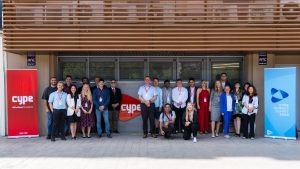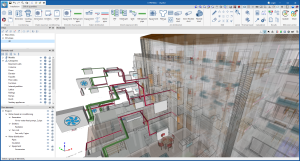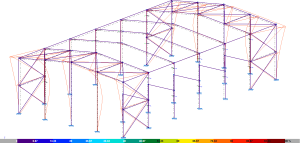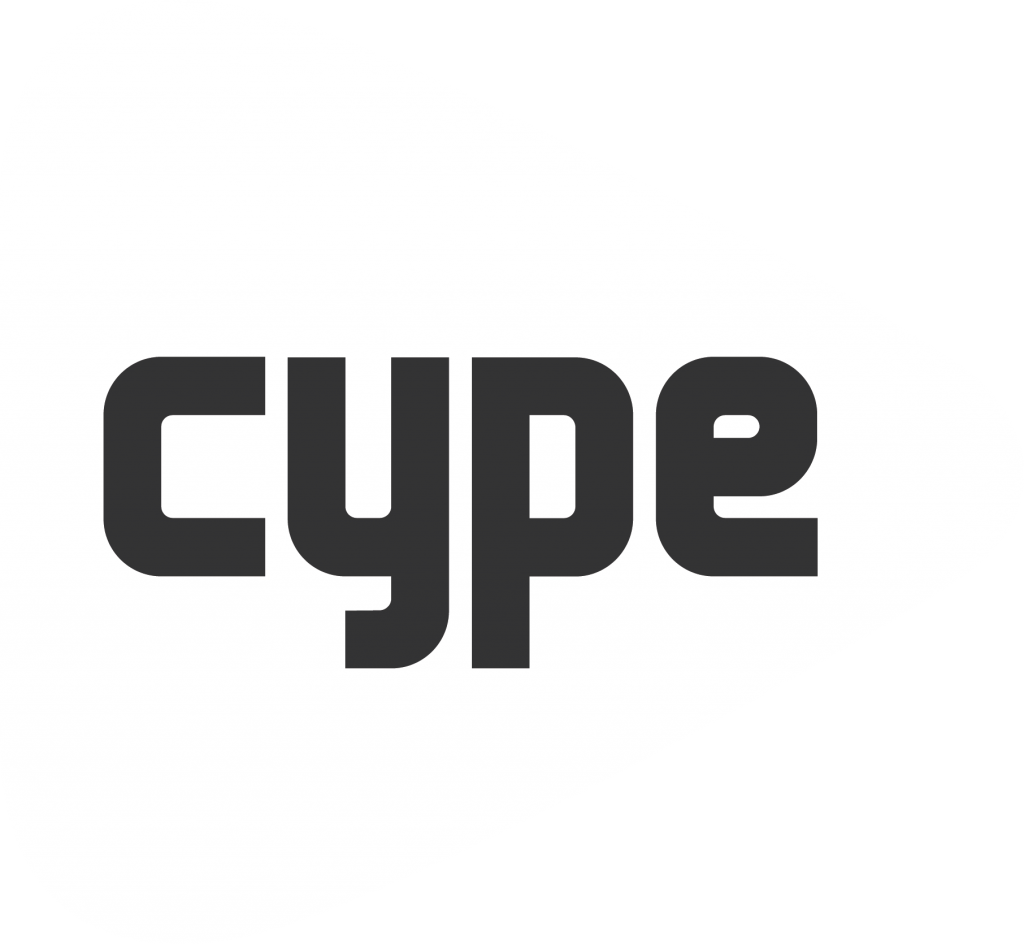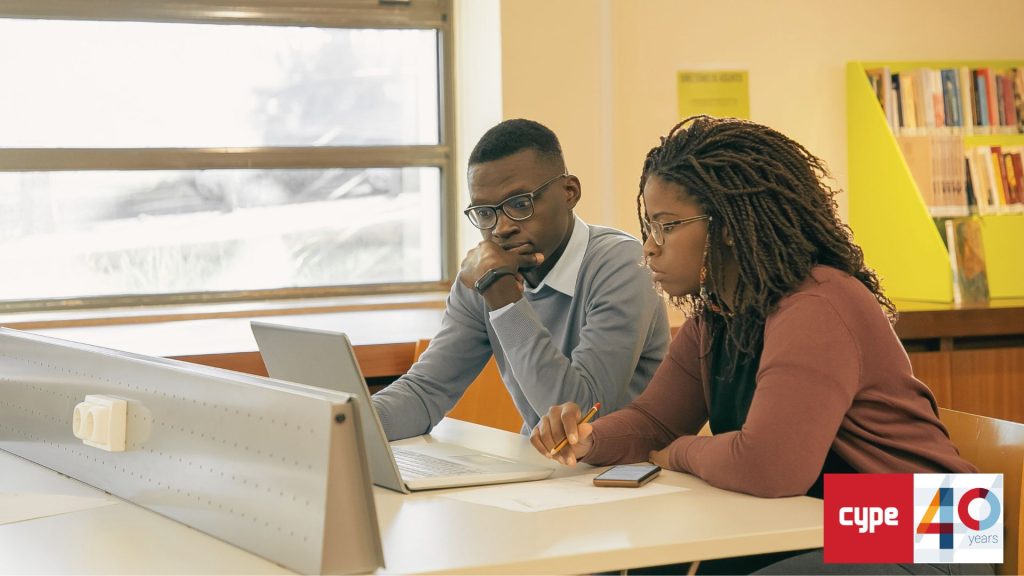
To improve student training and promote the transfer of technology and knowledge. With these objectives in mind, CYPE has developed a close collaboration with universities and training centres around the world throughout its history, which has allowed it to create an ecosystem of cooperation to boost the digitalisation of construction from the classroom.
Everything started when the market realised that the CAD technology used by CYPE from its beginnings had completely changed how the architectural, engineering and construction industry in Spain carried out designs and analyses. The productivity of its programs allowed engineers to view projects from multiple angles and offer new perspectives on design while also allowing them to spend more time focusing on their creative side. The popularisation of programs such as CYPECAD and Arquimedes, among others, encouraged companies to hire professionals who knew how to use CYPE tools.
Over the years, seeing that the use of the company's programs was essential from an employment point of view, the universities realised that they needed to complement their students' training with practical learning of CYPE tools in order to improve their employability. "Investing in the training of students with our programs not only benefited us as a company but also favoured the educational institution and, above all, the students, who were much better prepared for the job market," recalls Carlos Fernández.
"To lead in the digital transformation of construction, transferring and bringing our practical knowledge into the classroom is essential"
Carlos Fernández, Technical Director at CYPE
This initial approach laid the foundations for a deeper and more significant collaboration in the following years. This cooperation materialised with CYPE experts taking part both in classes and technical conferences organised by these training institutions. This activity was gradually strengthened and led to the signing of broader agreements that today range from internships at CYPE for students to the planning and development of specific training programs, as well as collaboration in building-related research projects.
Research and development of new programs
As opposed to the beginnings where collaboration was focused on training in the use and handling of the programs, CYPE wanted to go a step further and intensified relations with educational centres to promote the much-needed transfer of knowledge between the educational and business spheres. As an example of this approach, the technology company developed the CYPELEC REBT program for low-voltage electrical systems under the guidance of Universidad Miguel Hernández (UMH) in Elche.
Another milestone achieved with a university was developing a solution that considered the contribution of the analysis of the non-structural elements and their contribution to the stiffness of the building in collaboration with the International Centre for Numerical Methods in Engineering (CIMNE), from the Universidad Politécnica de Cataluña.
Campus agreements and internationalisation
This transfer of knowledge, which began in Spain, soon spread to other countries where designers were beginning to use CYPE software. This has resulted in the current figures: the Spanish technology company has signed more than 1,000 agreements with different training schools all over the world. Thanks to these agreements, students can train with the latest technology and learn first-hand about the innovation that is being applied in the construction industry.
In order to reach over a thousand agreements, the launch of the so-called "Campus Version" was a strategic decision as it was specially designed to work on public networks that operate under the Eduroam (education roaming) premises. These premises were common in universities in different countries in Europe, Canada, the USA, and also in some countries in Asia and Oceania.
This version of the CYPE programs gave rise to the so-called Campus agreements. In Spain, the first Campus agreement was signed with the Escuela Técnica Superior de Arquitectura de Madrid (ETSAM), while abroad it was with l'École Polytechnique de Masuku in Gabon. "When we signed these agreements, besides making it easier for students to use our programs, one of our pillars was to hold seminars and workshops to offer both teachers and students the right guidance and access to the company's Technical Support," emphasises Carlos Fernández.
In the current context marked by the digitalisation of the construction industry due to the use of Open BIM technology, CYPE has given new impetus to the creation of classrooms and laboratories on technology applied to the construction industry. More specifically, it has set up a BIM Laboratory at the University of Malaysia and another at the University of Johannesburg to promote training related to this work methodology and thus bring students closer to the new technologies applied in the industry such as augmented reality and virtual reality, 3D printing, big data and artificial intelligence, among others.
Over these four decades, CYPE has maintained a close relationship with training centres all over the world, either by providing user licences, participating in projects aimed at innovation and knowledge transfer, or collaborating in presentations and conferences. "To lead in the digital transformation of construction, transferring and bringing our practical knowledge into the classroom is essential. This is the only way to train the professionals who will be designing and constructing the buildings, cities and infrastructures of the future", says CYPE's technical director.

